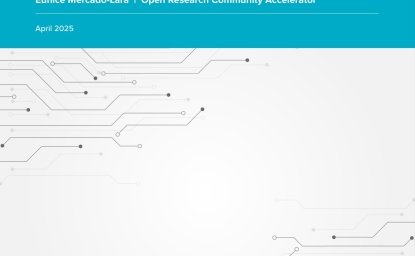The Latest
By: Eleonore Pauwels and Kunj Bhatt
We are currently in the midst of a major wildlife crisis in Africa. Particularly, we are bystanders to an increase in poaching and rhino deaths. According to the American Wildlife Foundation, the black rhino population has dropped almost 98% from 1960. Rhinos are predominantly slaughtered because of the high value of rhino horns in Asia. Poachers kill these rhinos and sell the horns in the black market to individuals who believe that the horns can cure various medical illnesses such as hangovers, fevers, and cancer even though there is no scientific evidence to support this. CNN reports that a single ounce of a rhino horn is sold at a higher value than an ounce of gold with an entire horn averaging about $100,000.
As a result, Matthew Markus co-created Pembient as an effort to use synthetic biology to promote wildlife conservation efforts and to prevent the extinction of many animals such as rhinos, elephants, and tigers. Markus saw a major problem in current conservations efforts. Simply raising awareness about illegal poaching and educating the public failed to make a dent in the rhino horn black market.
Matthew Markus created Pembient on the basis to bio-fabricate wildlife products such as rhino horns and sell them to the same individuals who originally buy them from the black market at one-tenth of the price. By incorporating synthetic biology and 3-D printing, Markus aims to create a product that contains the exact genomic sequence and appearance of a real rhino horn. In addition, Markus believes that the fabrication of a rhino horn product may also be purer in nature since it does not contain any contaminates that would be in a wild rhino horn. He hopes that the combination of these factors will be enough to discourage individuals from buying wild rhino horns thus driving down the demand to slaughter rhinos.
The upsurge of the market replacement industry has the potential to have a greater impact than by solely educating the public about the false claims regarding rhino horns. The example set by Markus and Pembient reinforces the driving force of synthetic biology. Synthetic Biology is more than merely manufacturing a new organism. It is about the creation of innovative products that serve as useful purposes that have a lasting impact in society and the ability to tackle an array of global issues.

Science and Technology Innovation Program
The Science and Technology Innovation Program (STIP) serves as the bridge between technologists, policymakers, industry, and global stakeholders. Read more

Explore More
Browse Insights & Analysis
360° View of How Southeast Asia Can Attract More FDI in Chips and AI








